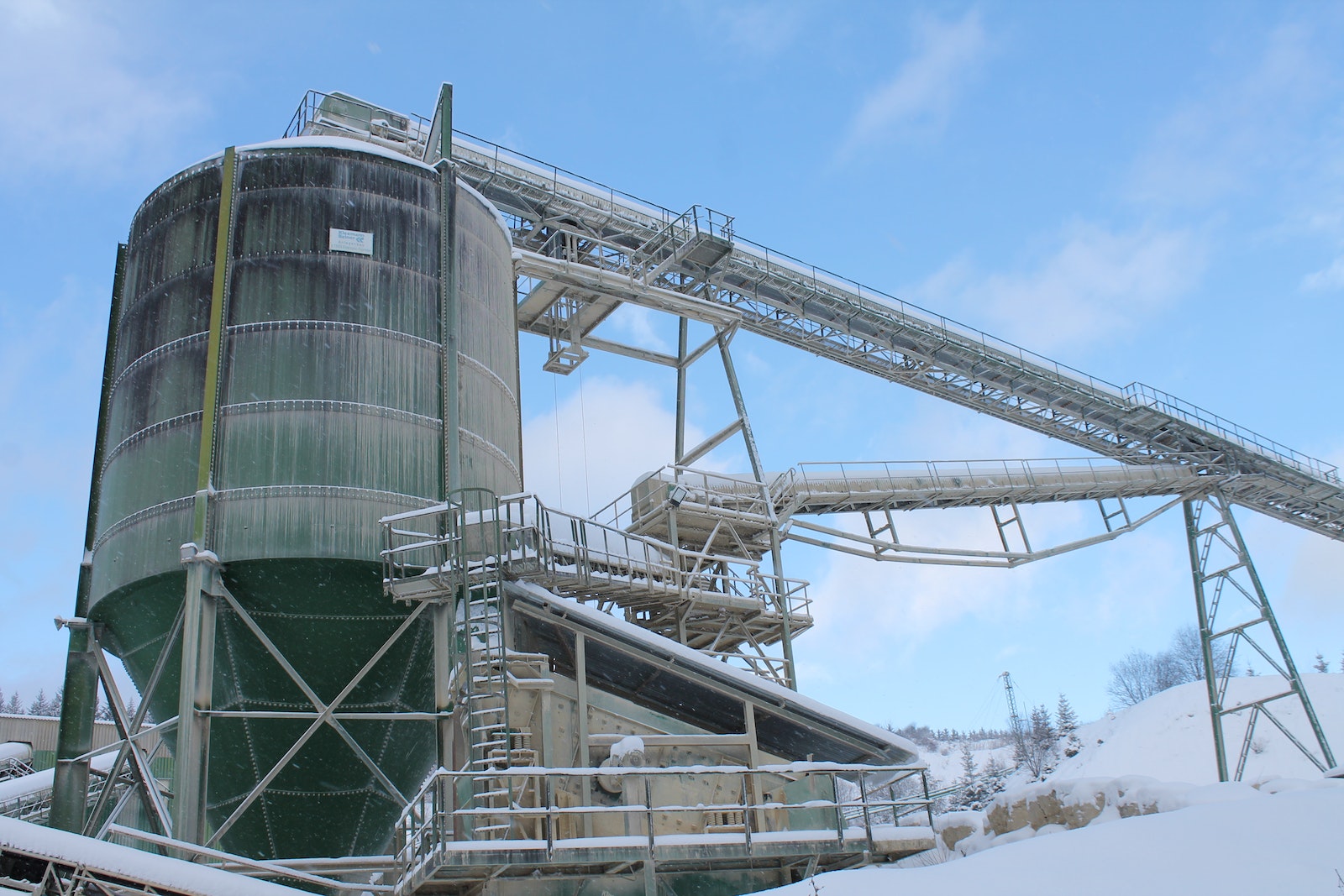A Nigerian rights group, the Socio-Economic Rights and Accountability Project (SERAP), has asked President Bola Tinubu to look into the disappearance of $15 billion and N200 billion from Nigeria’s oil earnings.https://www.reuters.com
In a statement on Sunday, September 24, SERAP’s Deputy Director Kolawole Oluwadare urged Tinubu to create a special team to quickly investigate the troubling claims. These allegations revolve around the disappearance of over $15 billion from oil earnings and N200 billion meant for refinery repairs, all between 2020 and 2021. These findings were documented by the Nigeria Extractive Industries Transparency Initiative (NEITI). 
SERAP also called on Tinubu to publicly reveal and shame anyone suspected of being responsible for this financial mismanagement. They also demanded that these individuals face legal consequences and repay any stolen money.
Earlier, on September 19, NEITI published a report showing that 14 government agencies, including the Nigerian Petroleum Development Company (NNPC) and the Nigerian Upstream Petroleum Regulatory Commission (NPDC), failed to deposit $9.85 billion in revenue into the federation account in just one year. This unremitted money accounted for 8.47% of the federal government’s total revenue of $23 billion during that year.
The report highlighted various areas where funds were not properly accounted for, including unremitted export crude sales, domestic crude sales, LNG dividends, miscellaneous revenue, transportation revenue, and domestic gas proceeds.
SERAP argued that these findings pointed to serious breaches of public trust, the Nigerian Constitution of 1999 (as amended), national anti-corruption laws, and the country’s obligations under the UN Convention against Corruption.
The group emphasized that corruption allegations, as documented by NEITI, hinder Nigeria’s economic progress, keeping many Nigerians in poverty and denying them opportunities.
In conclusion, addressing these allegations is essential to ensure justice and accountability. It’s a step toward ending the culture of impunity among those responsible and improving the lives of Nigerians.



